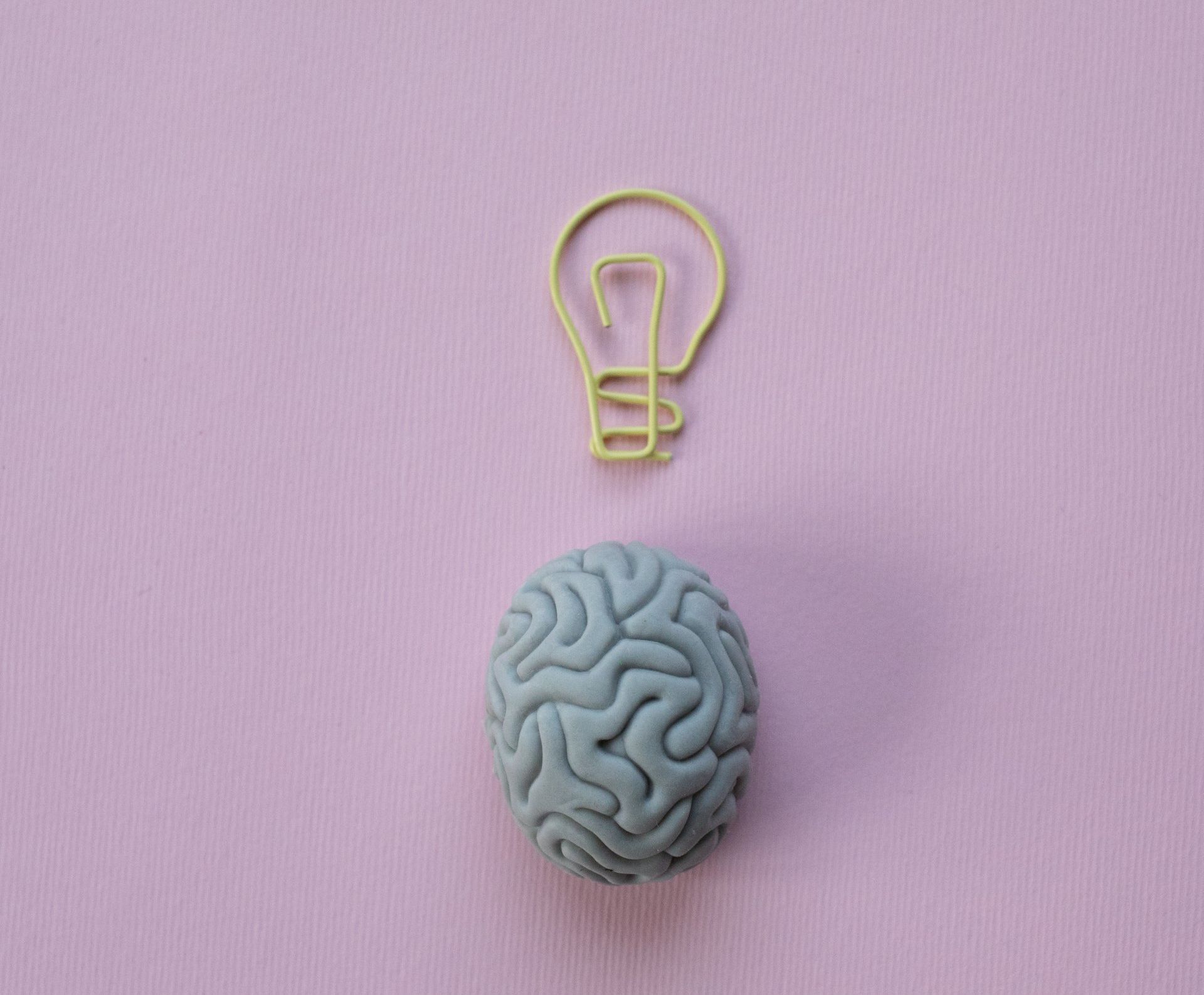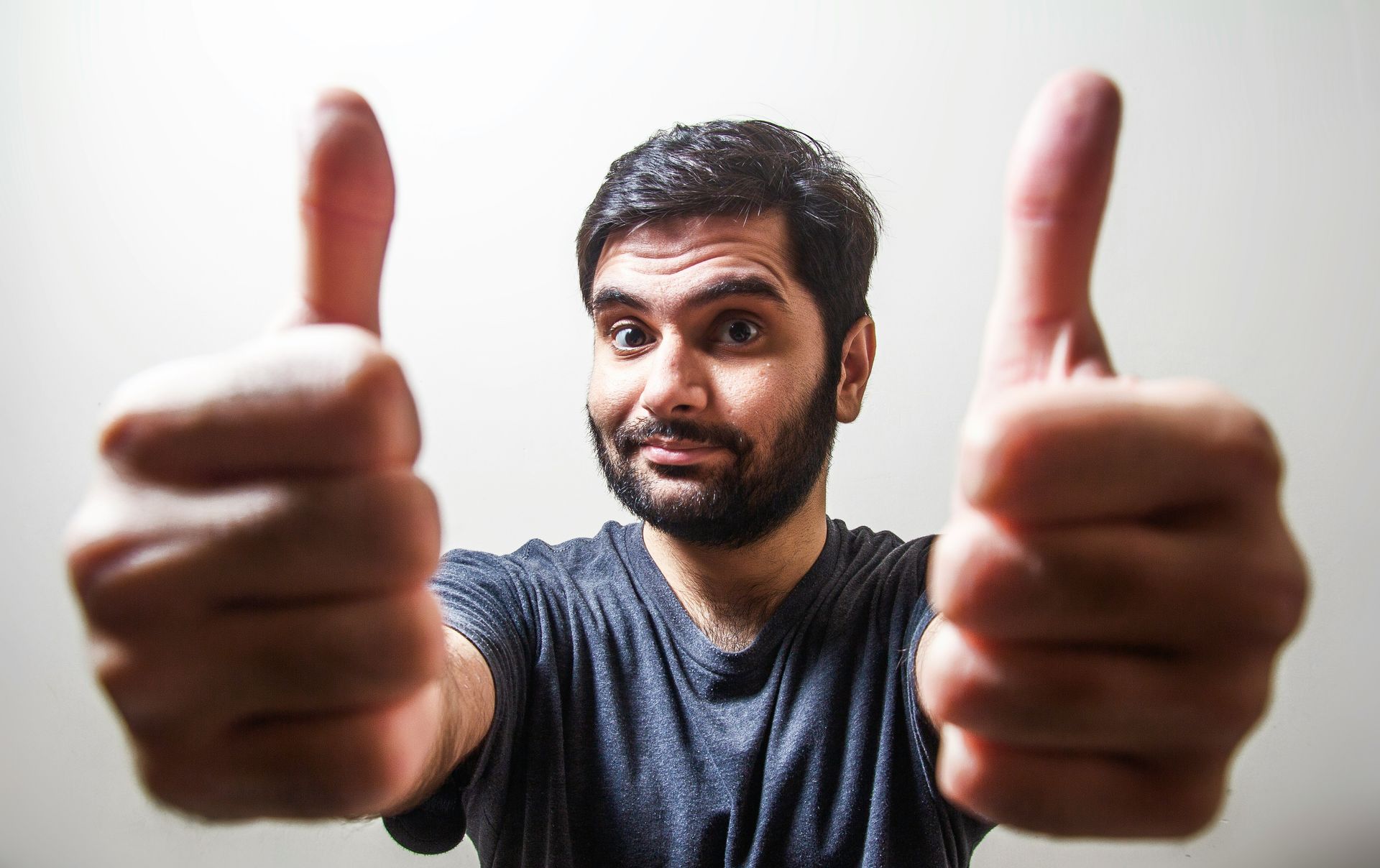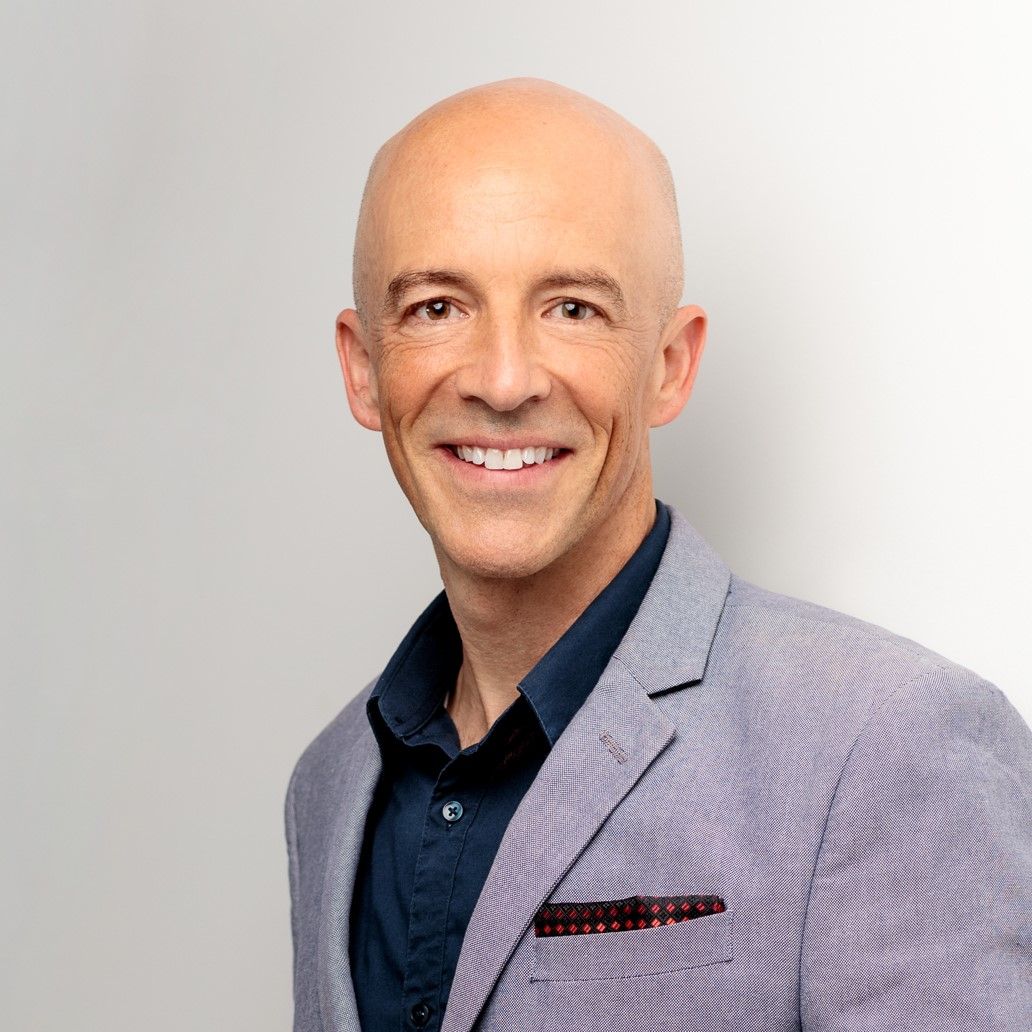Self-awareness is essential to personal development. Learn why your brain doesn't like change and what you can do about it.
The Human Brain and Metacognition
The amazing thing about us humans is that we are able to engage in metacognition (thinking about our own thinking), which gives us this thing called will power.
Volition or will is what separates us from other animals. We can actually notice our instinctive, reactive thoughts and will ourselves to change our own thinking!
This is an incredible potential that we possess. I say potential because unless we take action on an insight or inspiration, it stays just a wish. We need to follow through.
But here’s the thing. Change can be hard. Especially if you’re trying to change an old habit.
Established habits, even bad ones, become so much a part of our routine that changing them triggers discomfort and fear, even if intellectually we know the change is good. Weird, huh?
Your Primal Brain Wants to Protect You
You see, our brains and our bodies are very much like those of our animal cousins in the wild. Routines can be totally dysfunctional as long as, at the end of the day, they keep us alive.
They work “good enough” so there is no evolutionary incentive to change them. They become automatic. Changing any routine that “works” sends a signal to our brain that something is off. This triggers fear, and the fear creates the barrier to real, sustained change.
So you see, wanting to change is not good enough. Your primal brain and body will kick in like a thermostat and subconsciously tempt you to maintain the status quo. It’s not their fault, they’re merely trying to protect you.
Change Your State to Change Your Habits
To override your primal brain and body, you can say, “thanks for trying to protect me, but I’m going to change anyway.”
They’ll protest in the most subtle ways. That morning run you planned? Watch the rationalization that pops into your head: “I’ll do it tomorrow.” That plan you had to watch less Netflix? “Just this one episode, I need to relax.”
Funny thing happens though when you ignore the temptations and just follow through anyway. After ten minutes you forget about the temptation. Your state changes: you’re out running, enjoying the morning air, or you’re writing that essay or report and actually starting to get into it.
THIS IS THE KEY:
remind yourself that your state will change.
Your temptation to be lazy and not follow through is TEMPORARY, so just take action on your goal and the laziness will fade.
Soon you will start getting good at following through with your new habits. You are literally retraining your primal subconscious mind-body mechanisms. You are telling them that your new habit is not going to kill you. You are telling them that change is actually good.
What happens next is you start to get addicted (in a good way, through natural hormones and neurotransmitters) to your new healthy habits. The old dysfunctional habits start to actually feel bad.
Short-Circuit Your Old Habits
But be careful! If you have a particularly stressful day, your old habits (that were once so addicting) will tempt you. After all, they “worked” so well for so long to soothe you.
You’re still in charge though! Instead of buying that pack of cigarettes, drinking too much, or spending an hour on Facebook, you can intervene on yourself.
Yes, that’s right, you can short-circuit temptation by taking IMMEDIATE action. Instead of defaulting to negative habits, do something different. Call a friend, buy a big bottle of tasty mineral water, or go directly to the gym.
Remember,
YOUR STATE WILL CHANGE once you physically put yourself in a healthy situation. You’ll forget about the old bad habit.
Keep intervening on yourself. Tell your friends what your new goals and habits are. Enlist them. Ask them if you can text them when you are tempted to get off track. Create accountability.
Eventually, your new habits and goals will become routine.











